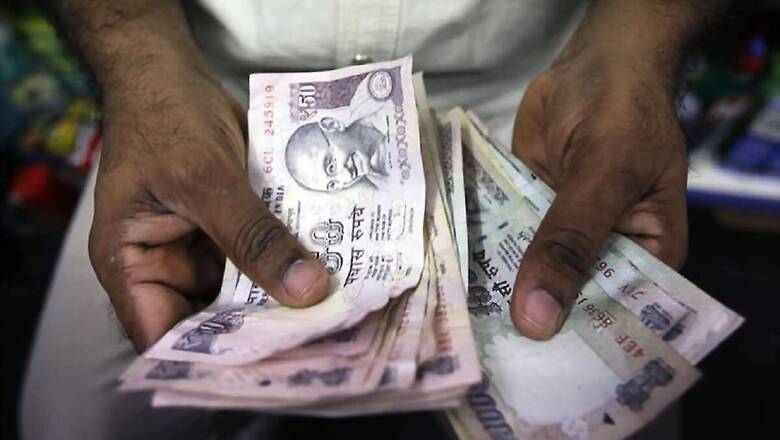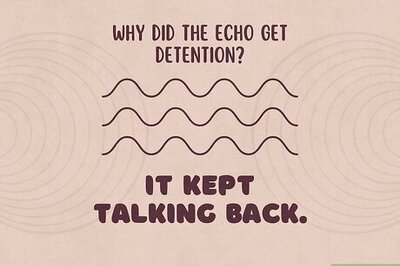
views
The COVID-19 pandemic and associated lockdowns have derailed the lives of a large part of the population. This is an especially difficult time for those belonging to the middle and lower classes. Many have lost their jobs and it is proving to be difficult for those who had taken loans to pay their equated monthly instalments (EMIs). This is inevitably causing financial and psychological distress; mental health issues like depression, self-harm and suicidal thoughts are emerging in many.
Now, the big question of the hour is, what are people plagued by financial difficulties supposed to do? The Reserve Bank of India’s moratorium on loans may have provided some relief since March 2020, but it expired on August 31 and an extension has not been announced yet. What can be done to provide mental strength and support to these people then?
“Those who are psychologically distressed or broken require your support above everything else,” says Dr Samir Parikh, the director of the Department of Mental Health and Behavioral Sciences at Fortis Health Care. “It’s not necessary that this aid be monetary in nature. What they need more of is emotional support, and you can provide it through conversation. Approaching someone who is facing difficulties or looks distressed and talking to them about their situation and needs is the most important thing to do.”
Personal support systems can play a key role
“Friends, family members and communities can play a vital role in providing support during this struggle,” Dr Parikh further explains. “The more support of this type that mentally distressed people get, the faster their recovery will be. Those who have lost their jobs during the pandemic should be reassured that it was not their fault. Nobody has snatched their capabilities or experience. This is a difficult phase but this too shall pass and new job opportunities will come up.”
Dr Parikh reckons that while donating to an NGO or institution that supports people in need is great, you should try to help out those in need of aid immediately around you too. Check if somebody in your family, friend circle, colony or neighbourhood needs assistance. Think about the difficulties your colleagues may be facing, and talk to them as well. Ask them if they are doing fine or if they need any help.
Those who are depressed often find it difficult to open up and may even avoid conversations. In such a scenario, if a friend or loved one calls to ask about their wellbeing, they might just be prompted to or feel comforted enough to open up about their distressing or depressive feelings, and this might just present them with a viable solution.
Don’t blindly trust social media
According to Dr Parikh, most things mentioned on social media are unverified. People on such platforms tend to comment on sensitive issues without sufficient knowledge or information. When it comes to diseases, heed the advice of a doctor or healthcare professional only. If it’s the economy you’re concerned about, listen to what economists have to say. In short, take recommendations from an expert, and ignore the rest of the chatter on social media.
Many studies, including one published in the journal Psychosomatic Medicine in 2009, indicate that engaging in leisure activities or hobbies ? like eating good food, cooking, listening to music, reading books, watching movies, engaging in sports (even indoor ones), taking a siesta, and socializing ? can alleviate symptoms of depression and improve your psychological wellbeing. So, this is the time to indulge in such hobbies or activities that provide pleasure. Maintain a healthy sleep-wake schedule, practice yoga or pranayama to improve mindfulness, and keep negative thoughts away.
For more information, read our article on How to protect your mental health during the COVID-19 pandemic.
Health articles in Firstpost are written by myUpchar.com, India’s first and biggest resource for verified medical information. At myUpchar, researchers and journalists work with doctors to bring you information on all things health.




















Comments
0 comment